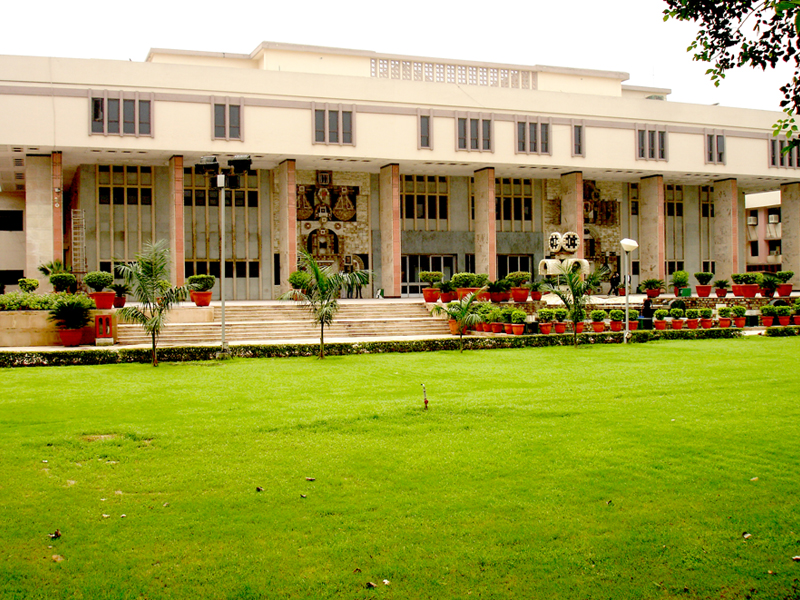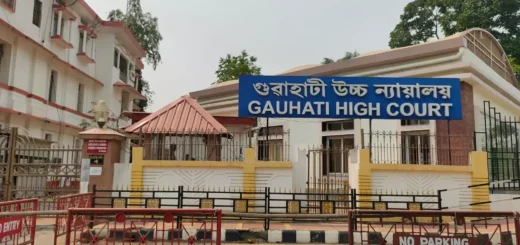The reasonable perspective of the arbitrator on the facts should be honored; courts do not act as an appeal court when reviewing under Section 34 of the Arbitration and Conciliation Act, according to the Delhi High Court.

The Delhi High Court emphasized that the Arbitrator’s reasonable interpretation of the case facts should be honored, and that courts do not act as an appellate body under Section 34 of the Arbitration & Conciliation Act, 1996. Justice Subramonium Prasad, sitting as a Single-Judge Bench, stated, “The Arbitrator has made a decision based on the case facts, and it is well established that the Arbitrator has the final say on the evidence’s quality and quantity. A reasonable view taken by the Arbitrator on the facts must be respected.” Advocate Rakesh Kumar represented the Petitioner.
In this matter, the Petitioner Company manufactures clothing, while the Respondent Company supplies fabrics. The Petitioner placed four orders for fabric supply. The Respondent claimed Rs 1,38,62,111.96, which was the outstanding amount for goods delivered to the Petitioner. The Petitioner argued before the Arbitrator that the Respondent did not deliver the goods on time, causing the Petitioner to miss deadlines for further orders, leading to cancellations. The Petitioner claimed significant losses due to the delayed fabric supply and filed a counter-claim for Rs. 96,35,204.90 plus interest. The Arbitrator rejected the Petitioner’s claims, accepted the Respondent’s claim, and dismissed the counter-claim. Dissatisfied, the Petitioner filed a petition with the High Court.
The Court emphasized that according to Section 34 of the Arbitration Act, it cannot reassess evidence or replace the Arbitrator’s conclusions, even if a different conclusion could be reached. The Court stated, “As established by previous rulings, when acting under Section 34, the Courts do not function as an appellate body, and it is the Petitioner’s responsibility to prove that time was essential to the contract.” The Court noted that the Arbitrator carefully examined the evidence presented by both the Petitioner and the Respondent. The Arbitrator also considered various provisions cited by the Petitioner before dismissing the Petitioner’s counter-claim and accepting the Respondent’s claim. Thus, it cannot be claimed that the Award lacked evidence or that the Arbitrator considered irrelevant factors or overlooked crucial evidence, which would render the decision unreasonable.
After reviewing the defense statement, counter-claim, and evidence from the Petitioner, the Bench concluded that the Arbitrator’s decision was not unreasonable or categorically illegal. The Petitioner argued that a notification from the Ministry of MSME on June 26, 2020, required current Udyog Aadhar Certificate holders to transition to Udyam. Since the Respondent registered under the MSMED Act, they were entitled to the benefits provided by that Act.
The Bench noted that the Arbitrator believed the Petitioner was aware that the Respondent had rights under the MSMED Act. This understanding led the Petitioner to engage with the MSME Council and participate in arbitration without raising any objections. The Court stated, “The Petitioner’s arguments are merely nitpicking and grasping at straws, which are not acceptable and are against the law.” Consequently, the Bench dismissed the Petition, affirming that the Arbitrator’s conclusion was valid under Section 34 of the Arbitration & Conciliation Act. It was not contrary to policy, fundamental Indian law, or basic principles of morality and justice, nor was it tainted by obvious illegality. Thus, the challenge to the Award was rejected.
Cause Title: In-Time Garments Pvt Ltd v. HSPS Textile Pvt Limited [Neutral Citation- 2024:DHC:8757]









